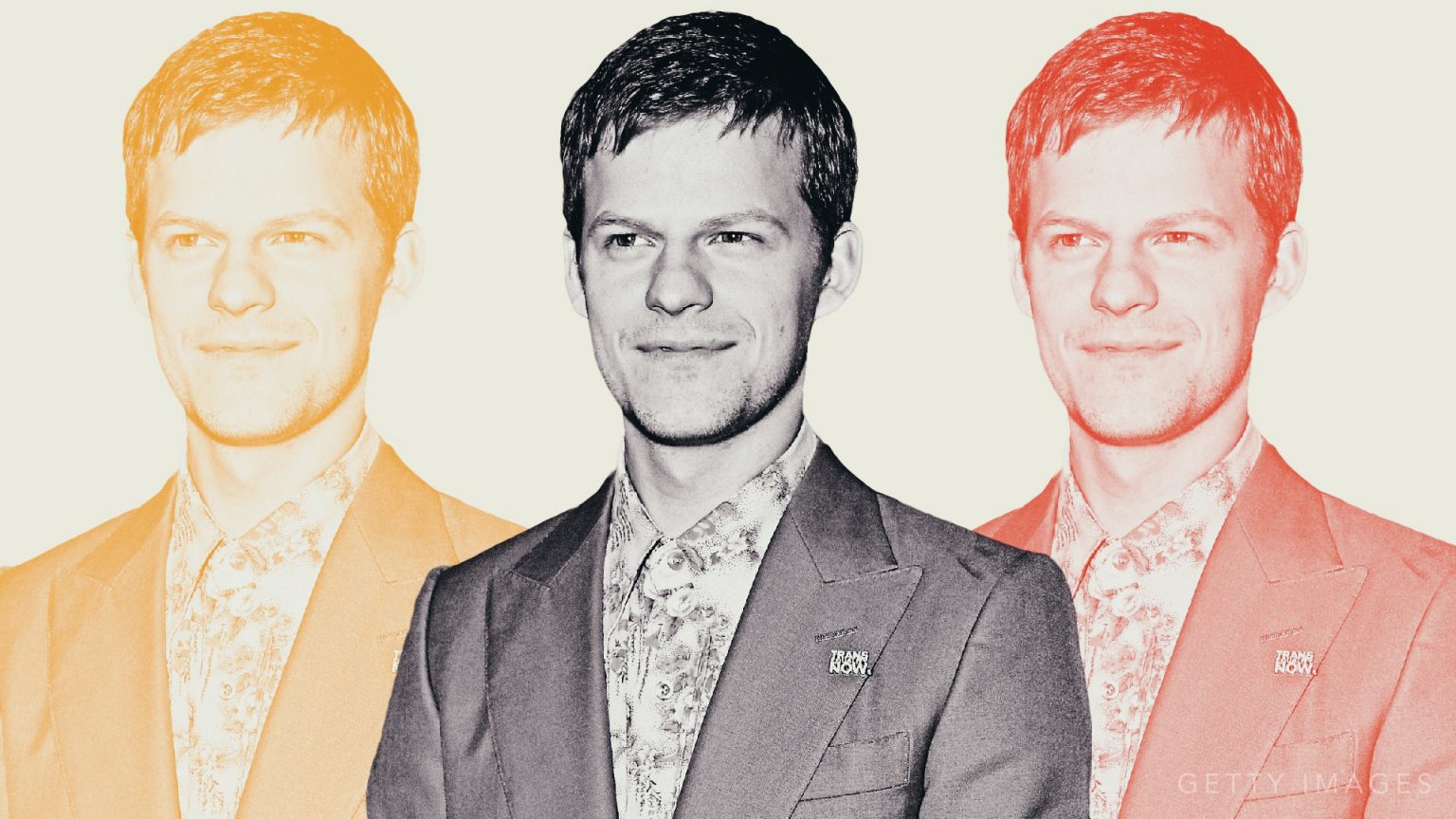At only twenty-one, Lucas Hedges has already proven to be a versatile (and Oscar-nominated) actor, showing skill and craft far beyond what most veteran actors can accomplish.
In fact, I write this as a twenty-four-year-old barely able to decide what I’ll be eating for dinner, let alone having to think about the depths of grief I would need to mine to get near the levels of emotional authenticity Hedges brought to his Oscar-nominated role in Manchester by the Sea.
While, in the eyes of audiences, Hedges might seem overshadowed by his Oscar-nominated Lady Bird co-stars Saoirse Ronan and Timothée Chalamet (who was nominated for Call Me By Your Name), Hedges has continually received excellent reviews from critics. And having already starred in films by Wes Anderson, Joel Edgerton, Kenneth Lonergan, Greta Gerwig, Jonah Hill, and Martin McDonagh, there’s no reason not to think that Hedges will soon be spoken of in the same context as Ronan and Chalamet.
Hedges hasn’t been around as long as Ronan, nor has he drawn the “young Leonardo DiCaprio” comparisons that have accompanied Chalamet’s meteoric rise, yet Hedge’s own rise and ability to play such diverse roles as a drug-addled lost soul and the prodigal son (Ben is Back), a violent older brother dealing with deep-seated emotional disconnect (Mid90s), and a gay young man who, against his will, is sent to conversion therapy (Boy Erased) all within the same year should gain him more recognition.
In some ways, Hedge’s 2018 is reminiscent of Jessica Chastain’s 2011, when she earned her first Oscar nomination for The Help. Many believed she earned her nomination not only for that film, but also for her equally acclaimed performances in The Tree of Life, Take Shelter, and Coriolanus. The same thing happened with Michael Fassbender that same year, when he starred in five different movies: X:Men: First Class, Shame, A Dangerous Method, Jane Eyre, and Haywire. And there was Alicia Vikander’s less prodigious but equally impressive 2015; that year she featured in two award-winning films: The Danish Girl and Ex Machina.
What’s different (and fascinating) about Hedges is his relative youth to these aforementioned stars, but also how his reputation has grown with every successive project without ever starring in a big-budget movie. Where most actors seek that larger film — due not only to a larger paycheck but also larger notoriety — Hedges has worked almost exclusively within the indie film circle.
Even more so, it’s apparent Hedges doesn’t aspire to capture the spotlight. In interviews since his Oscar campaign for Manchester by the Sea, he has shown to be a sensitive and aware person. For example, due to both of his characters in Lady Bird and Boy Erased being gay, he was recently asked about his sexuality. His response was measured and thoughtful, stating that from an early age his family ingrained in him the idea of sexuality being fluid instead of rigid.
This more internalized persona can also be seen in his standout performances. Watching Manchester by the Sea, you quickly realize that his character, Patrick, is masking the pain he feels about the loss of his father. He hides it in underage drinking, in playing bass in his high school punk rock band, and in balancing his sex life with two girlfriends. But a single moment that triggers a memory of his dead father instantly shatters the walls he’s built around himself. In showing this sudden shift from “cool teenager” to a deeply sad kid who is unsure of how to process his father’s passing, Hedges displays the kind of naturalistic acting range that recalls other great actors like the late, great Philip Seymour Hoffman. It’s the kind of performance that can only come from an actor truly accessing the emotions of the tragedy. This style of acting that is both performative and authentic is illustrated once again in films like Lady Bird and Boy Erased: Hedges is perfect in both movies because he is tasked with playing a character who knows who he is, but who also feels that he must hide his identity.
Thankfully, his upcoming films also point to a continuing desire to tell unique, and original stories, the kinds of stories rarely made within the studio system. Waves is a musical drama by Trey Edward Shults (the director of It Comes at Night and Krisha). His other 2019 project, Honey Boy, is a semi-autobiographical film written by none other than Shia LaBeouf, in which Hedges will, supposedly, perform in the role of the LaBeouf-inspired character.
If Hedges (or Ronan or Chalamet) represents what many young actors aspire to emulate — to make mature, meaningful films that are deeply rooted in what it means to be human, then cinema is in a very good place.
And if people don’t know who he is yet, well, they’re about to find out.




